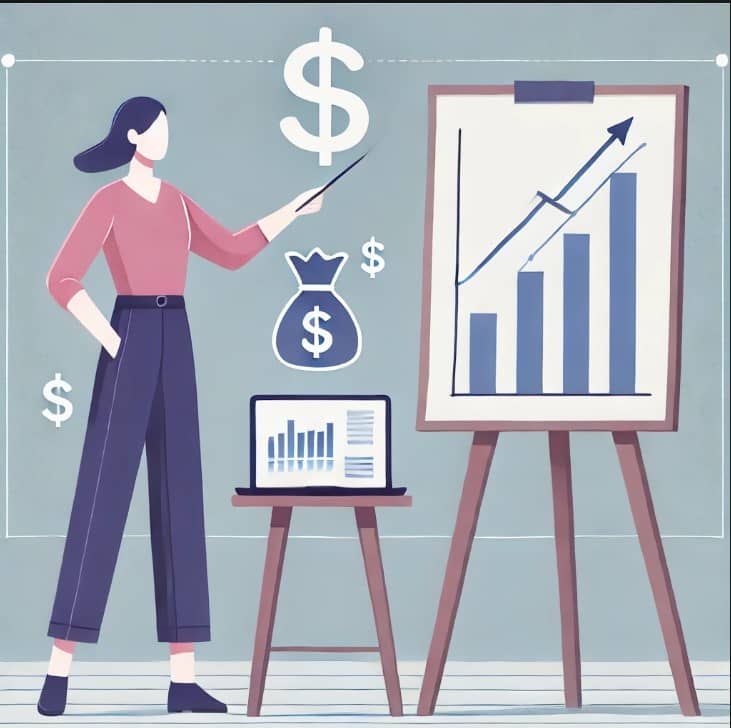Lease or Buy Equipment in 2024? Making the Right Choice for Your Business

In today’s fast-paced business world, the right equipment financing strategy can make or break your success. Whether you’re a startup founder, financial manager, or operations leader, knowing when to lease or buy equipment is crucial. Did you know nearly 80% of U.S. businesses use equipment financing? At Fortitude Strategic Solutions, we aim to help you make informed decisions about leasing or purchasing equipment, ensuring your business thrives.
Why Companies Prefer Leasing Over Buying Equipment
Cash Flow Management
Leasing can be a boon for cash flow management. Instead of hefty upfront costs, leasing allows businesses to manage predictable monthly expenses, preserving capital for other essential operations. This is particularly beneficial for startups and small businesses that might have limited funds but need top-tier equipment to stay competitive.
Staying Updated with Technology
Technology evolves at lightning speed, and keeping up can be financially draining. Leasing mitigates the risk of equipment obsolescence by allowing frequent upgrades without significant long-term commitments. This ensures your business always operates with the latest, most efficient technology.
Tax Benefits
Leasing can offer substantial tax benefits. Lease payments are often fully deductible as a business expense, providing immediate tax relief compared to the slower depreciation benefits associated with purchasing equipment.
Lease or Buy? Key Factors to Consider
Equipment Type and Durability
The type and durability of the equipment play a significant role in your decision-making process. Durable, long-lasting equipment like heavy machinery might be more cost-effective to buy. Conversely, frequently updated tech equipment tends to be better suited for leasing due to rapid obsolescence.
Budget and Financial Planning
Your budget and long-term financial plans are crucial considerations. Leasing generally requires lower upfront costs, making it an attractive option for new businesses. However, purchasing might be more cost-efficient in the long run, particularly if the equipment has a long life span and high resale value.
Tax Implications
Understanding the tax implications of leasing vs. buying is essential. Leasing offers immediate deductions on lease payments, while purchasing provides depreciation benefits over several years. Depending on your financial strategy, one option may be more advantageous than the other.
The Pros and Cons of Buying Equipment
Pros of Buying
- Ownership: Owning equipment builds assets for your business, potentially providing rental income if the equipment is not in constant use.
- Long-term Cost Savings: While the initial purchase can be high, ownership can lead to significant savings over time.
- Customization and Control: Buying allows you to customize equipment to meet specific needs, offering greater operational control.
Cons of Buying
- High Upfront Costs: The initial investment can be substantial, potentially straining your budget.
- Risk of Depreciation and Obsolescence: Equipment can lose value quickly, especially in fast-evolving industries.
- Maintenance and Reduced Flexibility: Owning equipment means bearing the maintenance costs and dealing with potential inflexibility if your needs change.
The Pros and Cons of Leasing Equipment
Pros of Leasing
- Low Upfront Costs and Preserved Cash Flow: Leasing requires minimal initial investment, freeing up capital for other uses.
- Regular Upgrades: Avoiding obsolescence through regular upgrades ensures your business remains competitive.
- Flexible Terms and Tax Advantages: Leasing offers flexible contracts and tax benefits, such as deducting lease payments.
- Maintenance Often Included: Many leases include maintenance, reducing additional costs and operational hassles.
Cons of Leasing
- Higher Overall Long-term Cost: Although leasing requires lower upfront costs, it can be more expensive over time.
- No Ownership or Equity: Leasing means you never own the equipment, so you build no equity.
- Limited Customization: Leased equipment often comes with restrictions, limiting customization possibilities.
Decision-Making Strategies for Small Business Owners
Conduct a Detailed Needs Assessment
Assessing your specific equipment needs and its expected lifespan is the first step. Determine how often you’ll use the equipment and whether its technology is prone to rapid obsolescence. This will guide whether leasing or buying is more suitable.
Compare Offers
Research various leasing terms and purchasing options. Fortitude Strategic Solutions offers proprietary tools and expert consultants to help you evaluate different offers. This ensures you choose the most cost-effective and beneficial option for your business.
Build a Financial Model
Developing a comprehensive financial model that compares the total cost of ownership vs. leasing is essential. Factor in maintenance, taxes, depreciation, and potential resale value to make an informed decision. Fortitude’s financial calculators can simplify this process, providing clear insights.
Practical Examples of Leasing vs. Buying
Example 1: IT Equipment
For IT equipment, leasing often makes more sense due to frequent updates. Leasing allows businesses to stay on the cutting edge without the burden of outright ownership. However, if a company plans to use specific IT equipment for extended periods, purchasing might be more economical.
Example 2: Heavy Machinery
In industries like construction, heavy machinery is crucial. Leasing is suitable for short-term projects or seasonal work, offering flexibility without significant investment. On the other hand, buying is preferable when constant use and control are priorities, as it ultimately saves costs on long-term rentals.
Conclusion
Choosing between leasing and buying equipment isn’t a one-size-fits-all decision. It depends on your business’s unique needs, financial health, and long-term goals. At Fortitude Strategic Solutions, we emphasize thorough research and comprehensive financial analysis to make the best choice for your business.
Our team offers personalized guidance, helping you evaluate your options and secure the most advantageous equipment financing solution. Whether you’re leaning towards leasing or buying, we’re here to ensure your decision drives your business forward.
Ready to make an informed decision about your equipment financing? Contact Fortitude Strategic Solutions today for a personalized consultation. Let’s unlock the potential of your business together.







